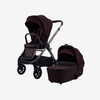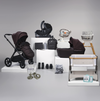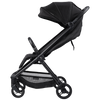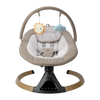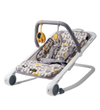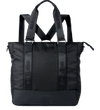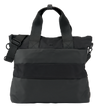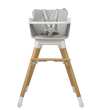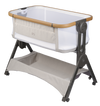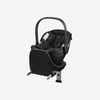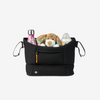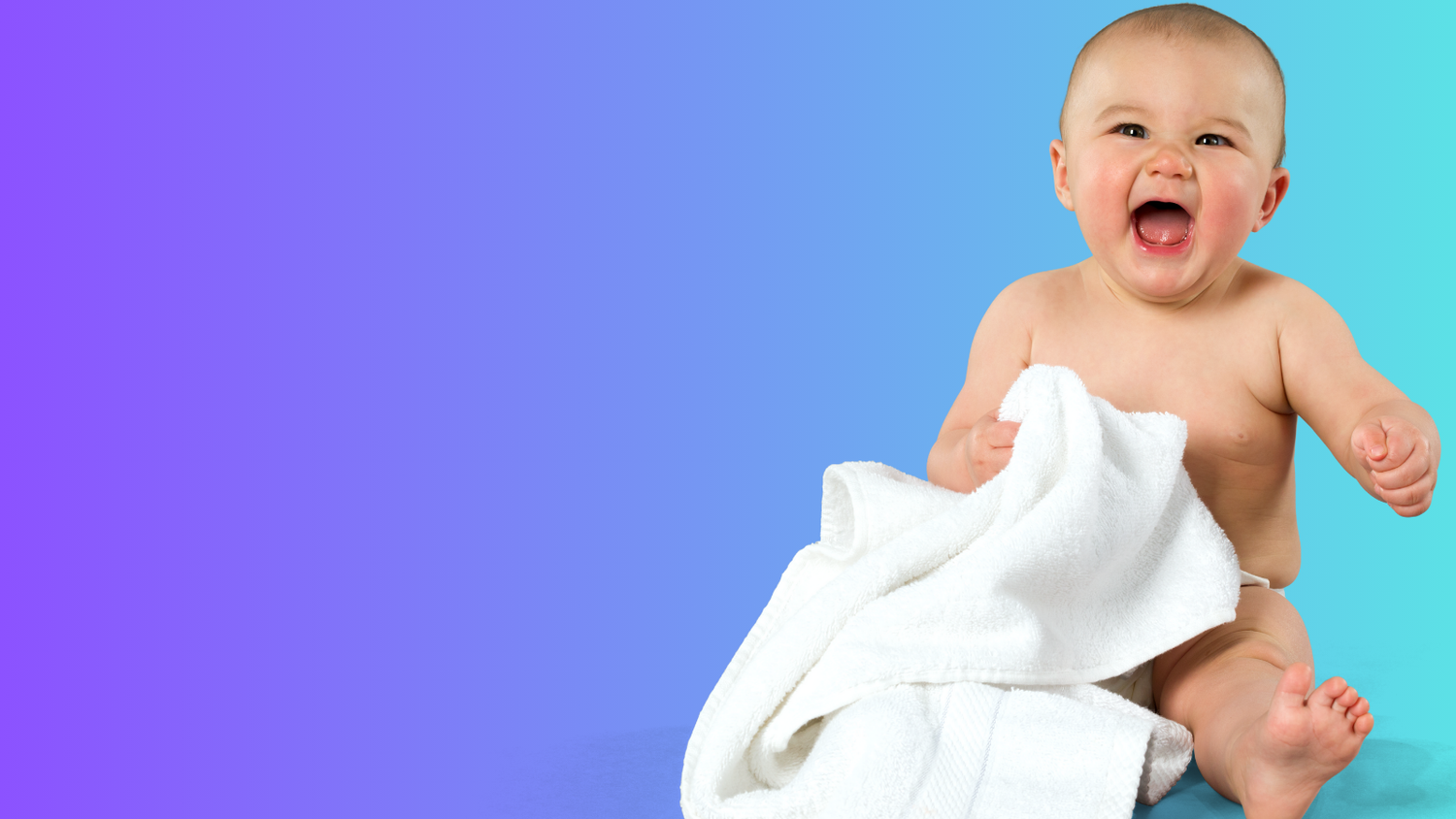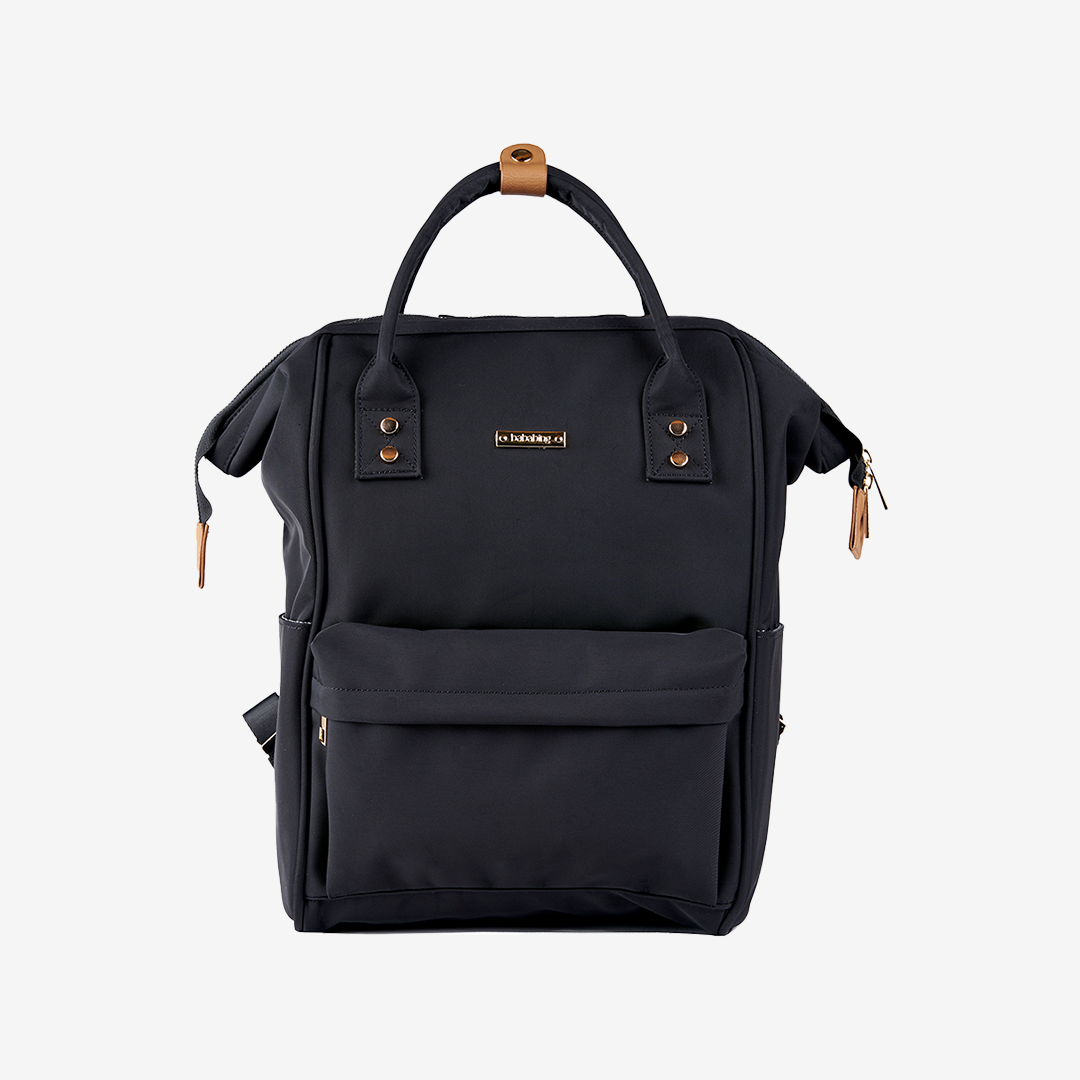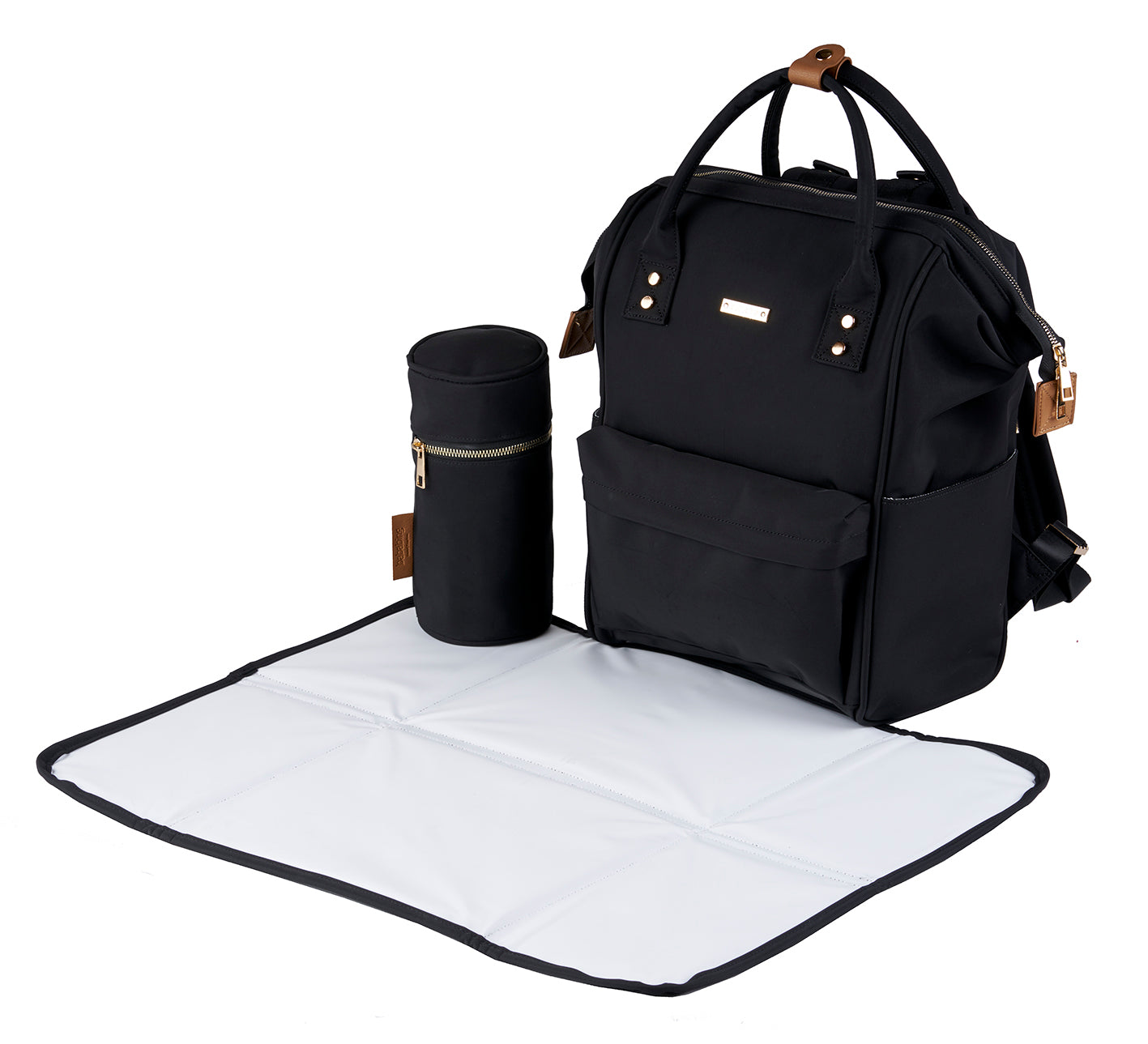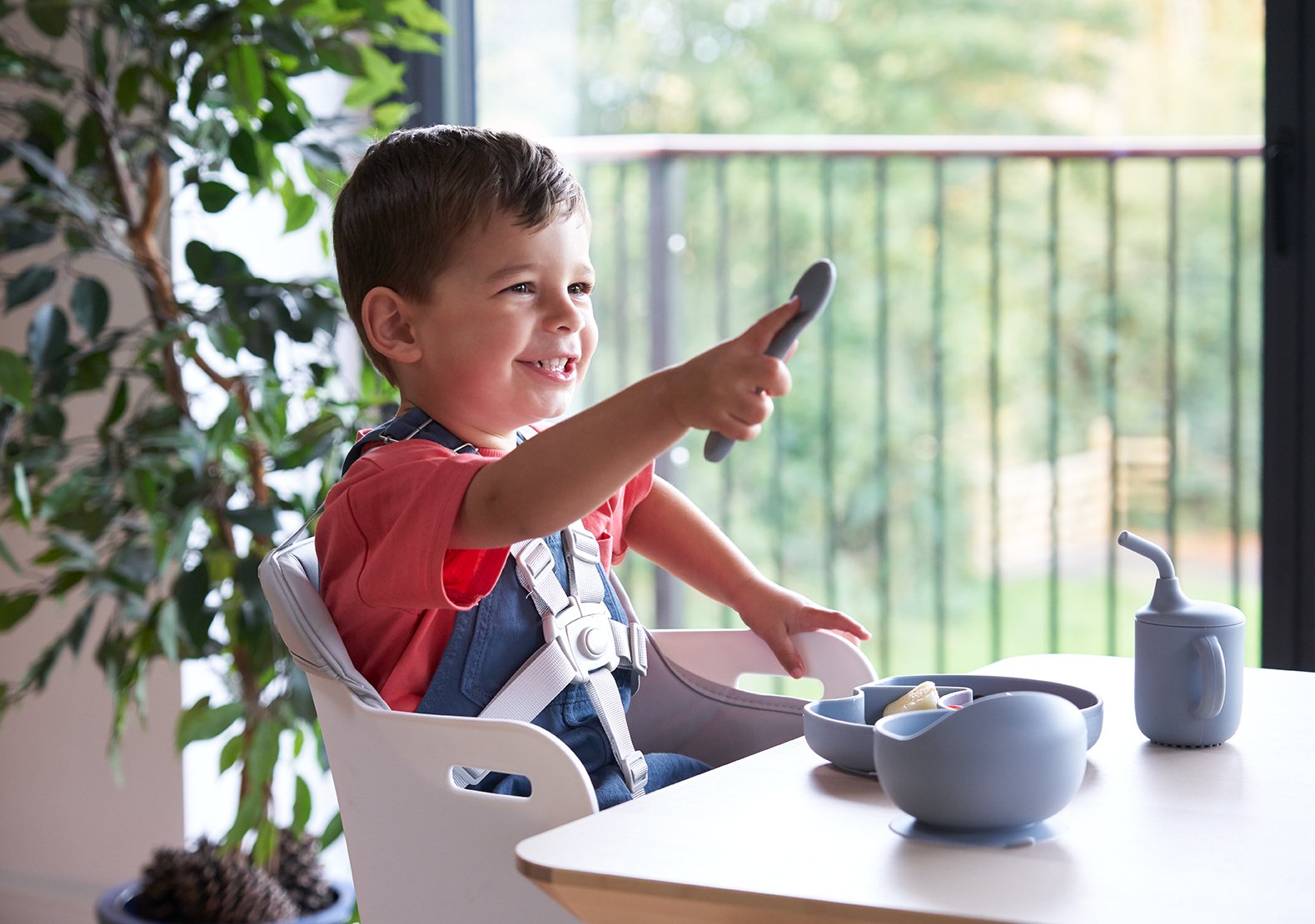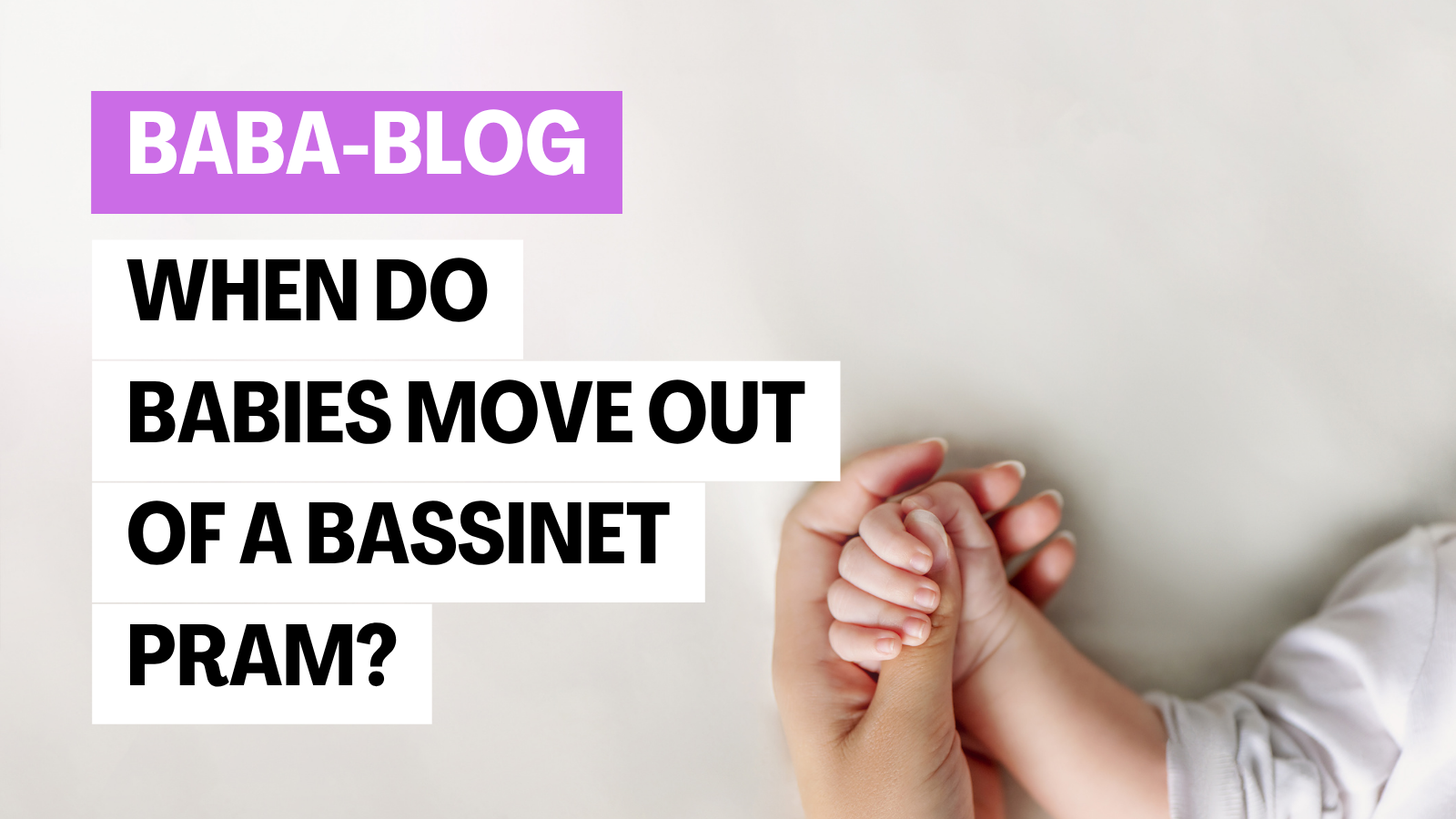Quick Links
🍼 What Is RSV in Babies and Why It Matters
If you’re a parent, you’ve likely heard about RSV in babies — but what is it exactly, and why is everyone talking about it?
RSV , or Respiratory Syncytial Virus , is a very common virus that usually causes mild cold-like symptoms. In adults and older children, it often passes unnoticed. But in babies — especially those under 6 months — RSV can lead to serious respiratory issues , including bronchiolitis and pneumonia .
🔍 Why RSV in Babies Is a Concern:
Immature immune systems
Babies, particularly newborns, haven’t yet developed the defences they need to fight off viruses.Narrow airways
A baby’s tiny airways make it easier for mucus and inflammation to block breathing.Rapid progression
RSV in babies can go from a simple cough to laboured breathing within hours.
RSV is so widespread that almost every child will have caught it by their second birthday. But the danger isn’t in catching it — it’s in how young babies respond to it. For some, it can mean hospitalisation , oxygen support, and long recovery times. That’s why RSV in babies has become a major health focus, especially in the UK during the colder months.
💡 Did you know? RSV is the leading cause of infant hospital admissions in winter.
As a parent, understanding RSV in babies means you can spot symptoms early, seek help quickly, and take advantage of new NHS protection options now available.
RSV stands for Respiratory Syncytial Virus — a common illness that can be serious in babies under 6 months.
RSV in babies is a leading cause of hospital admissions during the winter months in the UK
Symptoms may start mild but can quickly become serious — including wheezing, fast breathing, and poor feeding.
The NHS is now offering protection through a single antibody injection called nirsevimab (Beyfortus)
This protection works immediately and lasts up to 5 months , covering the peak RSV season.
It’s not a vaccine , but a monoclonal antibody that gives passive immunity — like a head start for your baby’s immune system.
Eligible babies include those born during RSV season, premature infants , or those with medical conditions.
The injection is safe, quick, and well-tolerated , with very few side effects.
You can check eligibility with your GP, health visitor, or midwife — many parents are contacted automatically.
Protecting against RSV in babies can reduce stress, hospital stays, and give peace of mind during the colder months.
🛡️ How the NHS Is Protecting Against RSV in Babies
Good news: RSV in babies is now on the NHS radar in a big way. In 2023, NHS England launched a game-changing initiative — a new immunisation programme that helps protect babies from serious RSV infections using monoclonal antibody treatment .
🧬 What Is This New RSV Protection?
It’s called nirsevimab , or Beyfortus by brand name. Unlike a traditional vaccine, this is a ready-made antibody that’s injected into your baby’s leg or arm. It gives instant protection , helping your baby fight off the virus before it can take hold.
This new approach targets the most vulnerable age group — babies under 1 — and helps reduce the number of hospitalisations during RSV season.
✅ 5 Benefits of the NHS RSV Programme:
One single injection
No multiple doses — just one jab offers protection for several months.Works immediately
Unlike vaccines, which take time to build immunity, monoclonal antibodies work right away.Long-lasting coverage
Protection can last up to 5 months — covering the entire RSV season.Reduces hospital admissions
Early trials show dramatic drops in serious RSV cases where this jab is used.Safe and well-tolerated
Most babies have no side effects , or very mild ones like a red patch at the injection site.
🔗 Want to check the official guidance?
📋 Who Can Get RSV Protection for Babies?
📅 The NHS is prioritising:
Babies born during RSV season (usually September–March)
Premature babies or those with heart, lung, or immune conditions
Infants under 1 year old during the programme’s rollout phase
Twins or multiples , who may be more vulnerable
Babies in areas where RSV rates are high
📍 Your local health visitor or GP can confirm if your baby qualifies for RSV in babies protection.
💉 What to Expect from the RSV Injection
🩺 The Process Is Simple:
Given by a nurse or doctor during a quick appointment
Injected into the thigh or upper arm
Takes only a few seconds
Your baby is free to go immediately afterwards
💢 Possible Side Effects of RSV Protection:
Most babies experience no side effects at all , but occasionally there may be:
Mild redness or swelling at the injection site
Slight fussiness or sleepiness afterward
A low-grade fever (rare)
🚨 Serious side effects are extremely rare . The jab is considered very safe , especially compared to the risk of hospitalisation from RSV in babies.
@bababing_world Maternity leave in the sunshine 💯💯💯 #bababing #stroller #newparent #matleave #maternityleave ♬ original sound - Bababing!
📊 Is RSV in Babies Really That Serious?
You might hear “It’s just a cold,” but for babies, RSV can be very serious . In fact, RSV in babies is one of the top causes of infant hospital admissions in the UK each year.
📈 Let’s Look at the Stats:
⚠️ Over 30,000 babies a year are hospitalised due to RSV in the UK
⚠️ Around 1 in 3 hospitalised babies are under 6 months old
⚠️ Winter RSV surges often overwhelm NHS paediatric services
🚨 What Can Severe RSV in Babies Look Like?
Fast or laboured breathing
Flared nostrils or chest sucking in
Bluish lips or fingernails
Poor feeding and extreme tiredness
Grunting or wheezing sounds
If you notice these signs, call 111 or go to A&E immediately .
🤔 Common Questions About RSV in Babies
❓ 1. Is RSV a new virus?
❓ 2. Is RSV protection a vaccine?
❓ 3. Will my baby still get a cold?
❓ 4. Does the jab interfere with other vaccines?
❓ 5. Do I need to pay for RSV protection?
✨ Summary: What Parents Should Know About RSV in Babies
Let’s recap the key points:
✅ RSV in babies is very common — but potentially serious.
✅ The NHS is now offering a single injection of Beyfortus to eligible babies.
✅ It provides protection for up to 5 months , covering the RSV season.
✅ It’s safe , fast, and already reducing hospital admissions.
✅ Talk to your GP or midwife to see if your baby qualifies.
⚠️ Disclaimer
This article is for informational purposes only and does not constitute medical advice. Always consult your GP, health visitor, or a qualified healthcare professional if you have concerns about your child’s health or eligibility for RSV protection. Information is correct at the time of writing and based on publicly available guidance from NHS England .
Q: Who is behind BabaBing?
A: BabaBing was founded by real parents who wanted baby products that actually worked. Our designs come from experience — not guesswork — so every item we create is practical, stylish, and built for real family life. 20 years in business supplying real parents with real products that don't require a second mortgage.
Q: Are BabaBing products safe and tested?
A: Yes, absolutely. All our products are rigorously safety tested and meet UK and EU standards. From baby bouncers to changing bags, safety and quality are always our top priorities.
Q: What makes BabaBing different?
A: We’re not just a baby brand — we’re a parent-powered company. That means we design with common sense, comfort, and convenience in mind. No gimmicks. No fluff. Just clever kit for real families.
Q: Do you have happy customers?
A: Yes! We’re proud of our 5-star reviews and loyal community of parents. Whether it's on Feefo, social media, or direct feedback, real families trust BabaBing to make their lives easier.
Q: Where are you based?
A: We're a UK-based brand, proudly designing all our products here. Our team combines design know-how with hands-on parenting experience to bring you gear that just works.

